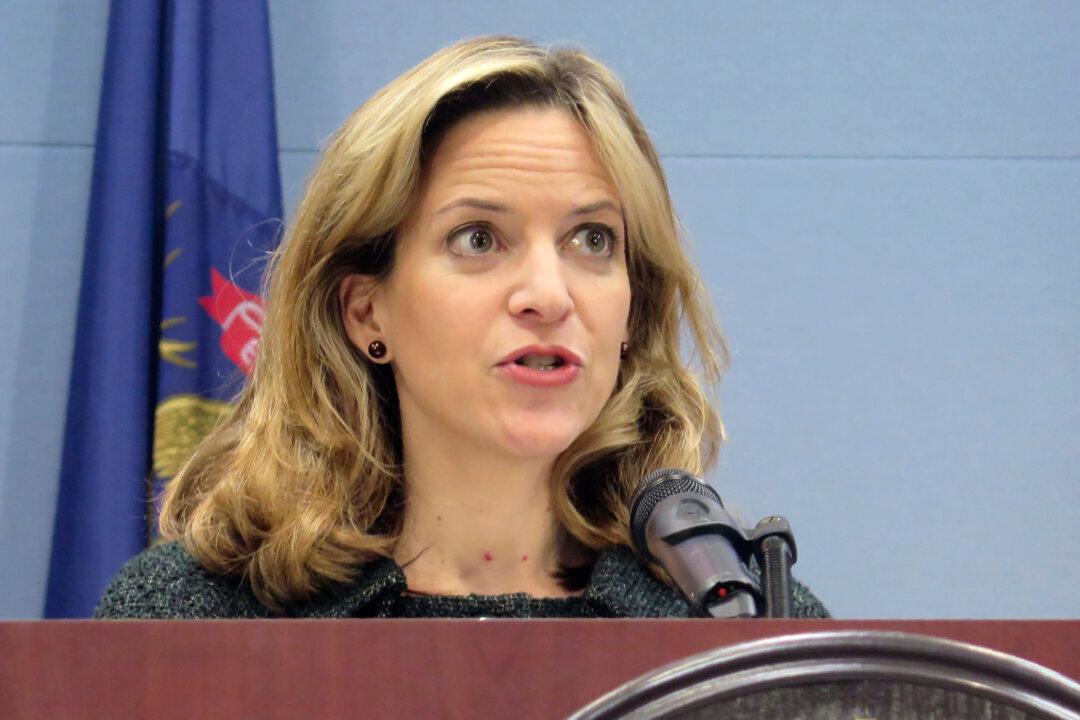A years-long legal battle alleging dereliction of duty on the part of Michigan Secretary of State Jocelyn Benson has moved to the Michigan Court of Appeals.
In the early fall of 2020, four Michigan voters said they had discovered that some local election officials were allegedly using millions of dollars of private donations from the Center for Tech and Civic Life (CTCL) to pay for what they called “get-out-the-vote efforts” in urban Democratic strongholds around the state.





